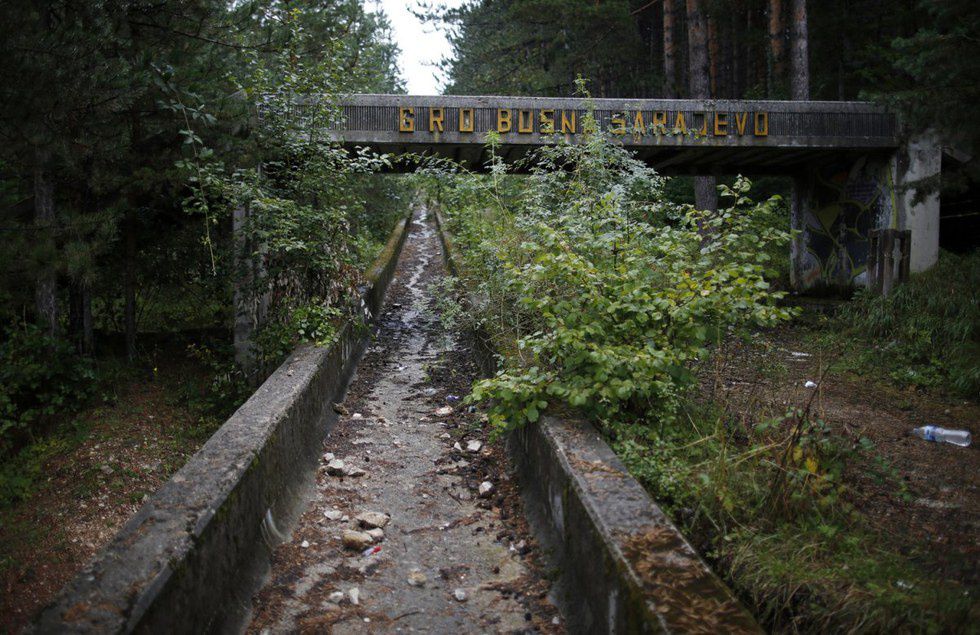With the Olympics occurring every four years (every two years if you include winter and summer), and with the different locations, the expenses for Olympic stadiums are often too much for a city to pay. Considering that most stadiums do not get used after the Olympics, it is a wonder why we keep building them in different spots around the world. Yes, having the Olympics in a new spot every four years is exciting for those that regularly attend, as they travel to a new part of the world they haven’t been before. However, should it be at the expense of a struggling city that these attendees have a reason to go there?
Rio de Janeiro is the first city to be chosen to host the Olympics from South America. Being a developing country, the Olympics could be a progressive move for them, but it could, and probably will, hurt Brazil’s economy. The city has its own problems that the $4.6 billion used to build the stadium could have been spent on. Guanabara Bay collects 18,000 litres of sewage per second from feeding rivers every day. The water is 10 percent clean, the other is 90 percent waste. The water contains viruses and bacteria that is damaging to the people living next to the Bay. As a city that is deeply in need of clean water, it wasn’t a smart idea to be spending money on the Olympics, only to pollute more people.
In the past, some countries have made use of the stadiums built in their cities. London, for example, has turned their Olympic stadium into a park. This cost them more money, but it will benefit the city long-term. Other cities, however, have not had the money or purpose to maintain the stadium, and it was either abandoned or torn down. Sarajevo hosted the Winter Olympics in 1984, and the venue was used 10 years later as military facilities for its civil war. The country had no more use for the stadium and the ski jumps, so they were used as hideouts and artilleries.
Because the price of the Olympics is increasing, it doesn’t make sense to keep building stadiums that get used for two weeks and then get forgotten and overgrown. There needs to either be one location for the Olympics or multiple ones that get rotated. The Olympics were first held in Olympia, Greece in 776 BC. When the modern day Olympics were resurrected in 1893, it was held in Athens. In 2004, Athens held the Olympic Games again, but its building is deteriorating from non-use.
If we are going to have a worldwide event every four years (or really every two), it certainly would be cool to have it in a new place every year, but is that fair to the hosting country to spend so much money on something that lasts two weeks? If we had the Olympics in the same stadium, preferably in Greece where it originated, that would cut the cost down, but it wouldn’t be fair for Greece to pay for operations every four years. That’s why the cost should be split, based on each country’s national revenue. Instead of one country bearing the cost of the Olympics, it should be a pay to play sort of basis.
Whether in Athens or someplace other than Greece, I think the Olympics should be held in the same spot every four years, preferably not in a country that has other needs, such as clean rivers and a waste disposal system. We need to stop spending so much money on something that doesn’t matter ten years down the road.

























